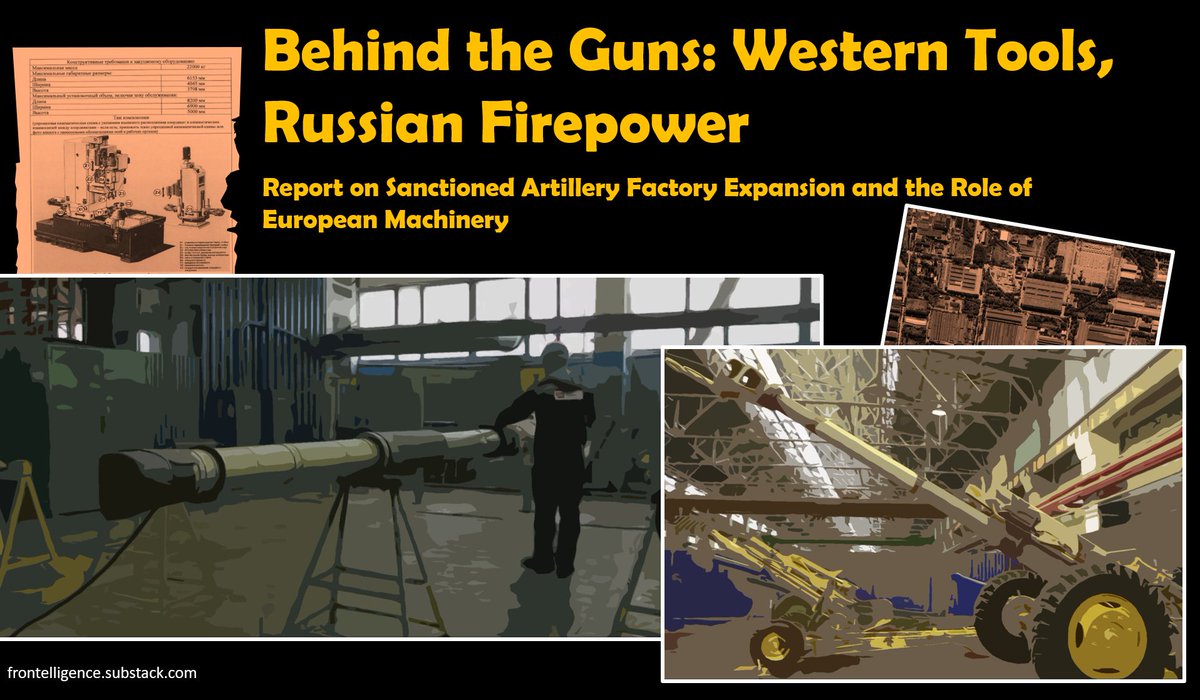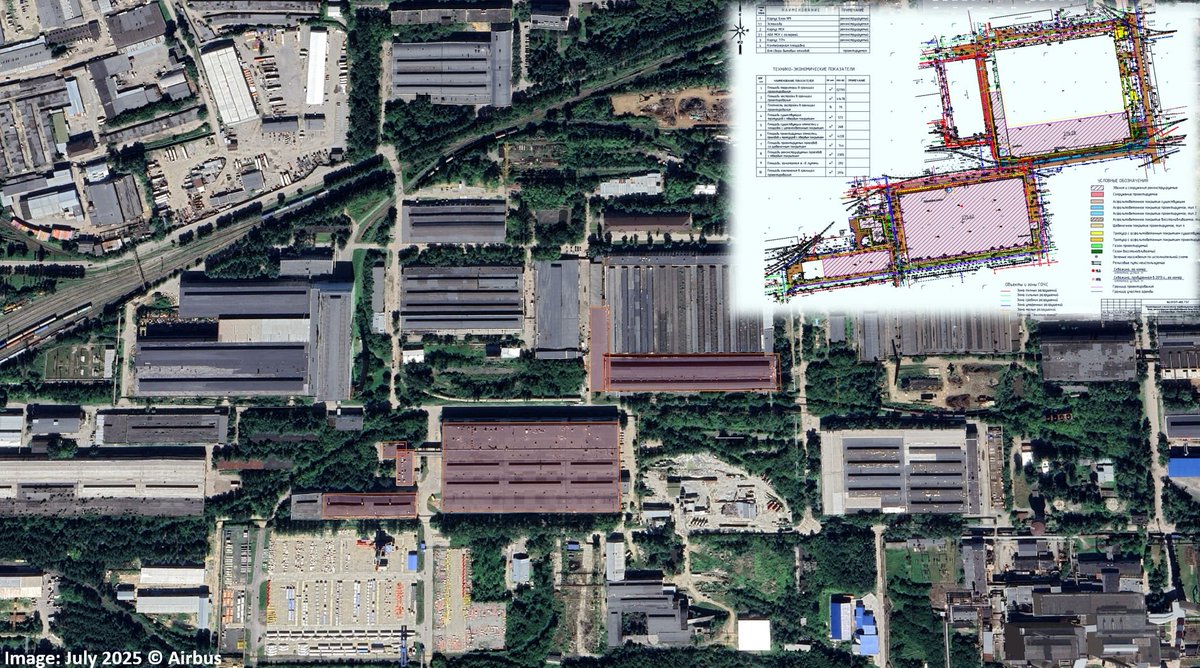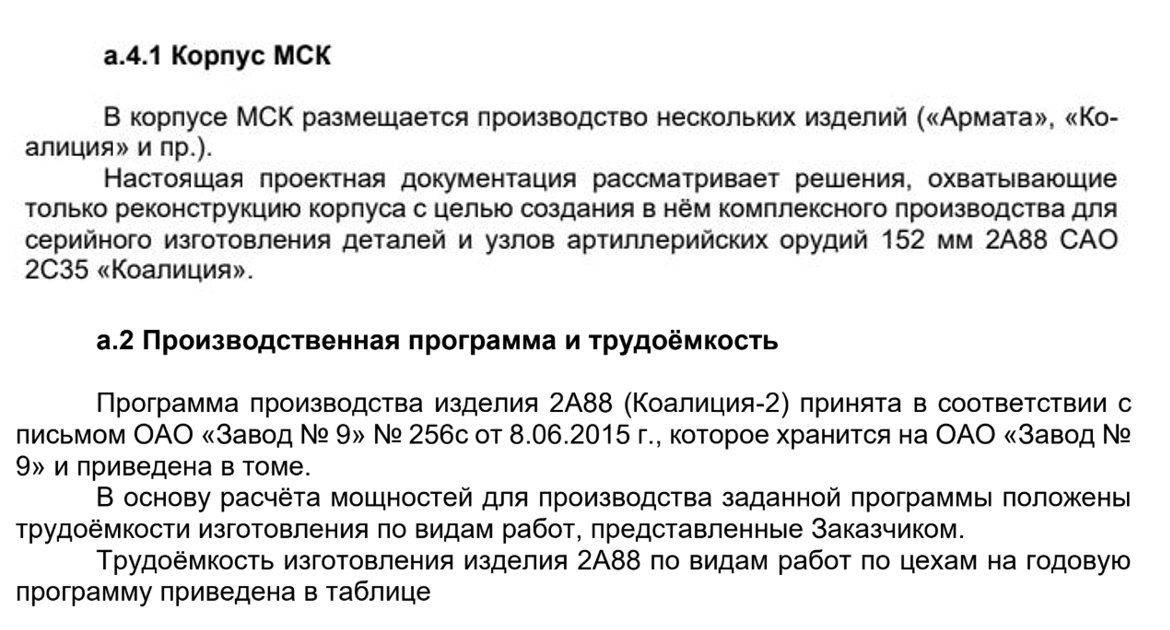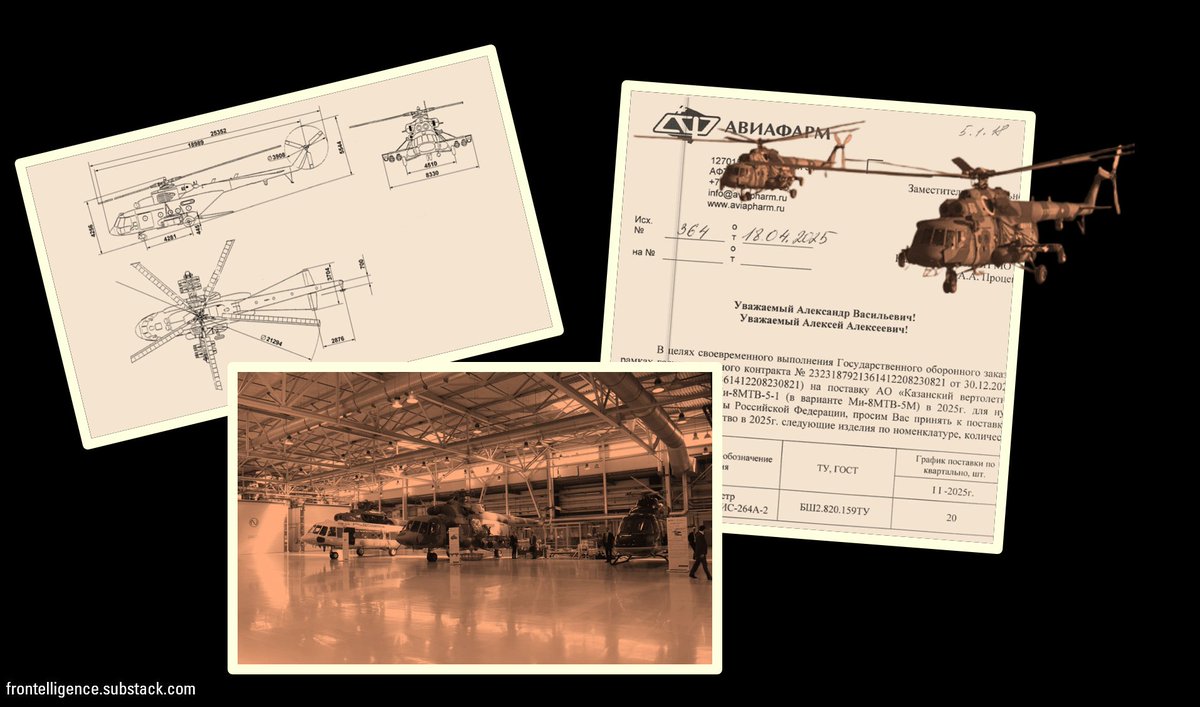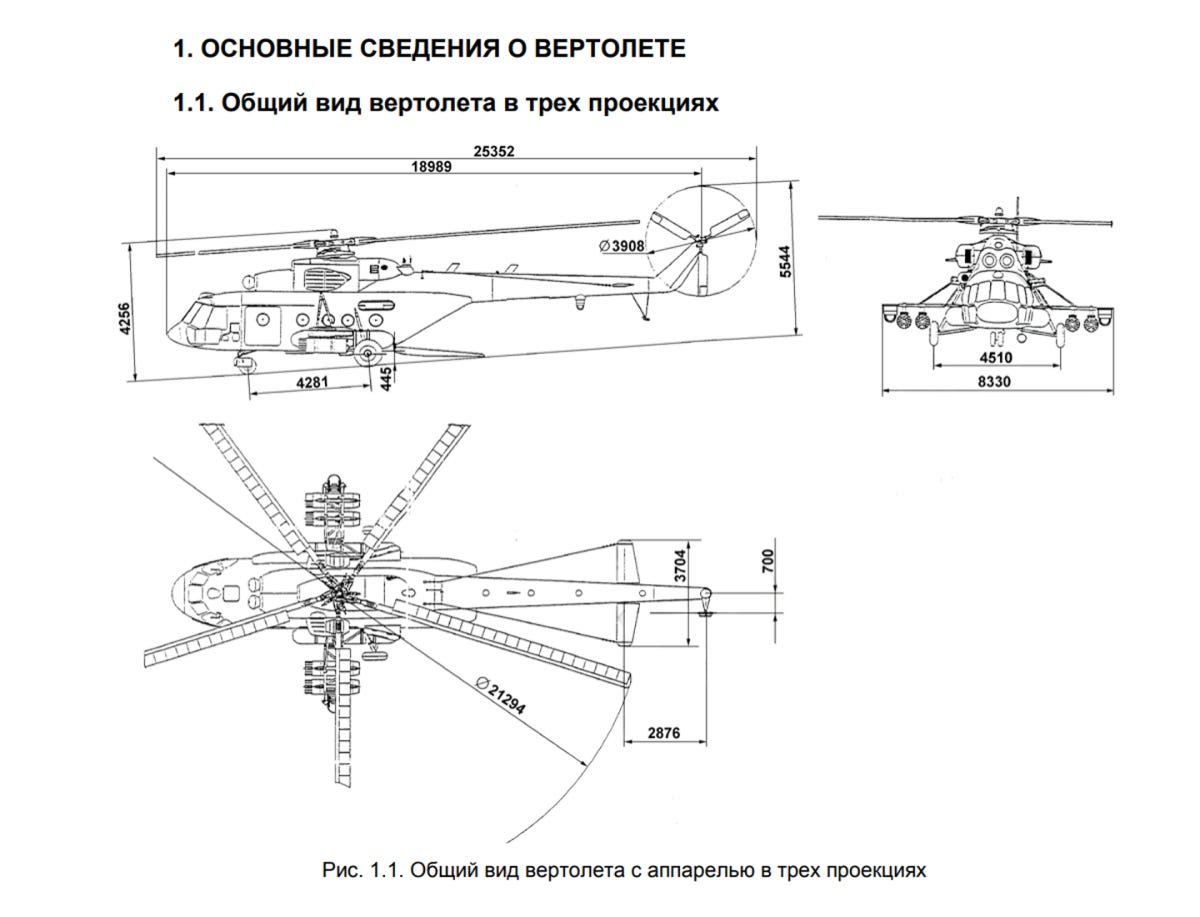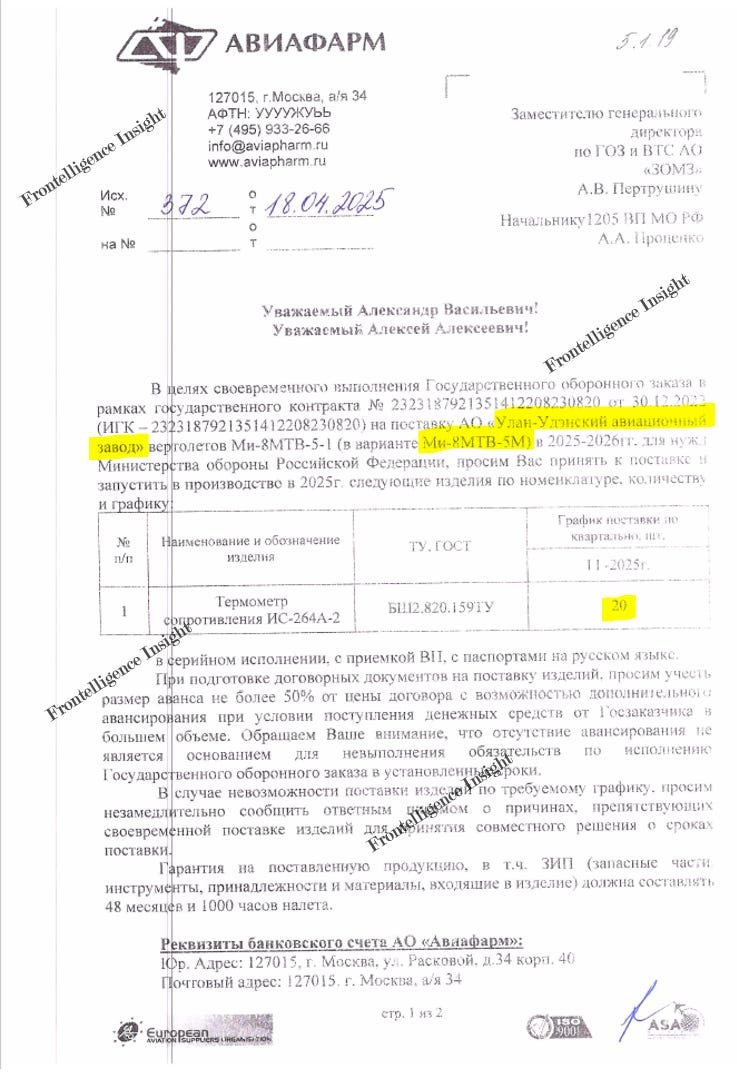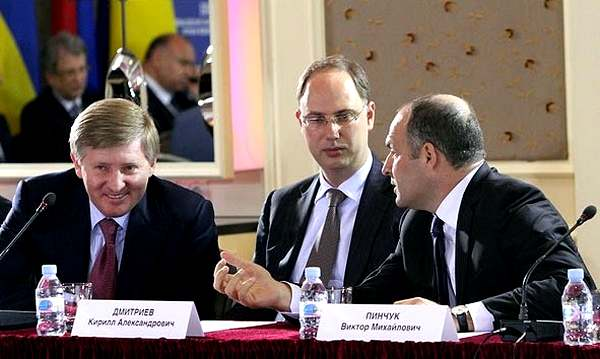Playing the International Security System: How does Russia purchase sanctioned components from Taiwan and the US?
Our team has accessed documents obtained by the hacktivist group "Cyber Resistance" and has analyzed the data. Here are key points and select documents. 🧵Thread
Our team has accessed documents obtained by the hacktivist group "Cyber Resistance" and has analyzed the data. Here are key points and select documents. 🧵Thread

2/ Frontelligence Insight concluded that the Russian company "Special Technology Center," which produces drones for the Russian military, indirectly buys equipment from Keysight Technologies, an American corporation, and MPI Corporation, a Taiwanese company. This is how we know:
3/ The "Special Technology Center," abbreviated as STC, is a Russian company specializing in the production of technological equipment, notably the Orlan-10 UAV and Leer-3 drone-based electronic warfare system for the Russian army
4/ This company has been sanctioned by many countries and can be located both in the sanction list of Ukraine and the US: 

5/ Despite sanctions, STC acquires equipment from both American and Taiwanese sources through intermediary companies that obscure the original buyer. Thanks to the documents, we now know their names. 

6/ The key person in the deliveries was the procurement manager of the Special Technology Center - Andrei Florinskiy. According to documents, he received 3 commercial proposals for the supply of parts from KeySight. The proposals came from Dipaul, Radioline, and Ritm

7/ It seems that one of these entities, named "Radioline," has previously made agreements with the Special Technology Center for the procurement of Keysight equipment, as indicated in these separate documents: 

8/ One of the documents has drawn our attention to the lead engineer of Radioline, Mikhail Mulminov, who has previously received contracts with this Special Technology Center. The conducted research has uncovered some concerning details.

9/ On the website of Saint Petersburg Electrotechnical University, Mikhail Mulminov is recognized as a regional representative of Keysight Technologies, the American company from which the sanctioned company is seeking to procure equipment.

10/ In this photograph, Mikhail Mulminov is standing alongside equipment with the Keysight Technologies logo during a lecture at another university, providing additional evidence of his association with Keysight Technologies. 

11/ His face visually aligns with his profile picture on the popular Russian social network "VK."
It is unclear whether he is still employed with Keysight Technologies and what his current connection to the company is. Nevertheless, it creates numerous concerns.
It is unclear whether he is still employed with Keysight Technologies and what his current connection to the company is. Nevertheless, it creates numerous concerns.

12/ It remains unclear whether Russian company “Radioline” directly purchased equipment for the sanctioned STC from Keysight Technologies or utilized another third party in between.
13/ The emails also suggest that Radioline is not the sole company tasked with acquiring Western technology for the Special Technology Center. It has also entered into an agreement with Protech, with CEO Denis Nikolaevich Koval, to acquire Western equipment, including Keysight. 

14/ Russians also try to broaden their search beyond Western avenues, which is why, unsurprisingly, the sanctioned STC company made an agreement with Akmetron, a distribution company that imports Taiwanese dual-use technology from MPI Corporation into Russia. 

15/ Headquartered in Taiwan, MPI Corporation specializes in producing semiconductors and various technological items. According to intercepted documents, a procurement contract for an MPI TS150 Probe Station was granted, totaling $154,700. 

16/ Earlier this year, @InformNapalm, a volunteer community, also scrutinized some of these documents, publishing a compelling and detailed investigation on the Russian Special Technological Center LLC's procurement of equipment from European and Chinese companies
17/ Addressing this problem requires a multi-step approach, including sectoral sanctions, robust monitoring, and enforcement. Halting the supply of dual-use goods to Russia is a more cost-efficient strategy than the prolongation of the war.
18/ If you want to read the complete article, feel free to visit our website, as provided in my bio.
If you would like to see more of these investigations, consider supporting us through BuyMeaCoffee, as our expenses rely solely on your public support.buymeacoffee.com/frontelligence
If you would like to see more of these investigations, consider supporting us through BuyMeaCoffee, as our expenses rely solely on your public support.buymeacoffee.com/frontelligence
19/ Thank you for reading. Don't forget to like and share the initial message in the thread for maximum visibility!
• • •
Missing some Tweet in this thread? You can try to
force a refresh


